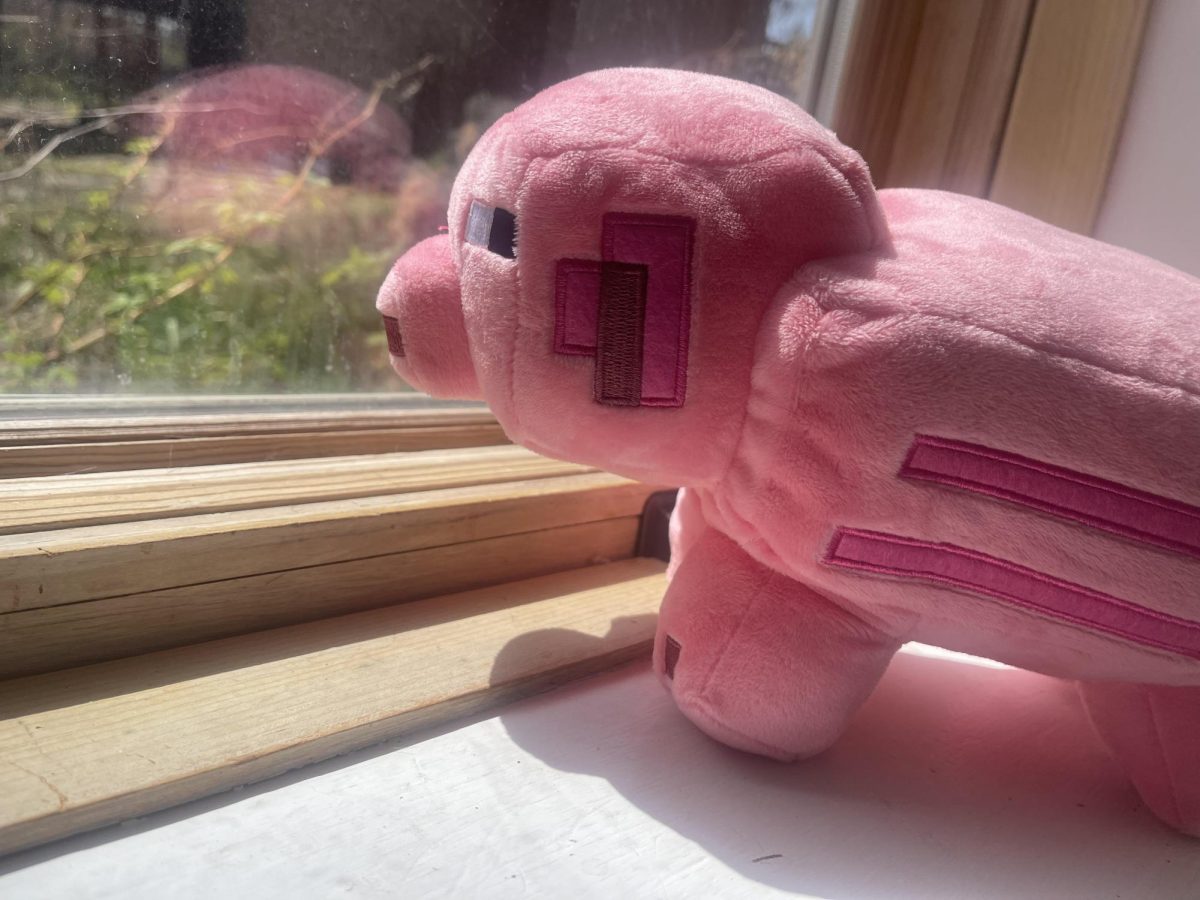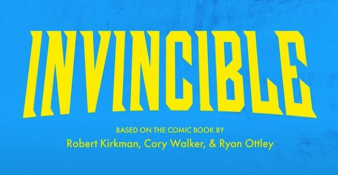Managing college during COVID
Steps and tips seniors should take when applying for colleges during the pandemic
The Common Application, otherwise known as the Common App, is the most prominent online platform that students are using to apply to colleges. The Common App’s popularity stems from its user-friendly features and its convenience to the application process, in which a single application form is distributed to multiple chosen colleges.
November 16, 2020
The college application process in itself is a tedious and stressful process— now imagine completing them in the midst of a pandemic. Students typically begin to learn about the college application process by the end of junior year— though at the time, last year’s juniors may have turned a blind eye to the idea of college, given with the up rise of unprecedented circumstances. This is a concern for many of the current seniors, as we are two months away from nearing the end of first semester. Between the heaps of homework and extracurricular’s, the ticking timeline isn’t any help. Despite the burdens from our chaotic schedules, Student Services Chair Mrs. Dalton has come to the rescue with information and advice about this year’s application process.
Here’s what she had to say:
Applying without a ACT/SAT score:
- There has been a movement for the past few years for college admissions to push away from the ACT and SAT and focus more on the student’s transcript and essays. www.fairtest.org is a growing resource of schools that have been test optional before the 2020 cycle. This year, obviously, more schools have moved to the test optional approach and they’re using schools like DePaul, University of Chicago, and other test-optional institutions as the role models. Almost all schools are test optional this year. Most schools are considering test optional for the Class of 2022 as well, and some schools are gathering data to determine if they will be test-optional forever.
- Without test scores, colleges really dive deep into a student’s transcript and essays to learn who the student is. This is often referred to as a holistic approach to admissions. The admissions officers will be looking at the courses a student took in high school, grades (obviously), as well as trends. Did a student increase the intensity of the schedule over the four years by adding an honors or an AP course? Does a student demonstrate an area of interest or passion (art, business classes, social sciences)? Did a student have a bump in the road early on in high school, but recover academically to get better grades? There is a lot that can be gleaned from a high school transcript, so the admissions staff at colleges will be looking for those qualitative data points instead of the quantitative score on a one day exam. Essays and personal statements will have more emphasis as well.
Informational resources about college admissions:
- Counselors are scheduling individual meetings with seniors to go over the process and work through individual questions and issues. I post scholarship, college open house, and other information on Google Classroom as soon as I receive it. I absolutely support deleting all of your emails as long as students are checking the Class of 2021 page once a week. Google Classroom is really the place where EVERYTHING will be posted.
Applying with personal statement essays:
- If the application provides an optional essay about any COVID impact on your life, only write the essay if there is a significant impact. Everyone lost Prom and spring sports. Colleges know this. The Northwestern admissions office said it best, “Write about an impact, not an inconvenience.”
- Be honest and be true to yourself in essays. Don’t write what you think the admissions people want to hear, write what is true to you. If the admissions people don’t like it, then that school isn’t the right place for you.
- I have more advice, but this time from the University of Chicago: If you read the essay prompts and you can’t find one that you like, it’s probably not the right school for you. Colleges obsess over their essay prompts. Every word is deliberate. If you read through the prompts and it sounds too abstract, too intellectual, too creative, too anything, that could be a sign about the culture and the values of the school.
- LET SOMEONE PROOFREAD YOUR PERSONAL STATEMENTS. I know it’s personal and I know it’s hard to let someone read those thoughts, but you need to have someone make sure you’re using the right their/they’re/there so an error doesn’t distract from your message.
Untold truths and additional advice:
- Trust the process. “Fit” is a term that is thrown around in college admissions and it refers to finding the right place to call home for the next four years. Seniors are at a disadvantage because you haven’t had a chance to visit campuses to try them on. You aren’t able to tell if you get that warm feeling in your belly to know that it’s the right place for you. Admissions people know “fit” too. They may love reading your personal statement and they may agree that your transcript is strong, but they know their campus and they know who has the best chances of success. If things don’t turn out as you want them to be, trust that things find a way of working out right. You’ll find your place!
- If you make a poor decision and a year from now you’re unhappy, get this! YOU CAN TRANSFER. A college decision isn’t a tattoo. You aren’t stuck with it for the rest of your life. I started out at Illinois State but completed my degree at Northern Illinois. My best girlfriend started at Southern and graduated from Governors State. My oldest child started at Western Michigan and is evaluating where he is going to finish. It’s not the end of the world to change your path, so don’t put too much pressure on yourself. Yes, it’s important, and it’s a major investment, but don’t think that you’re putting your feet in cement when you step on campus.
- If you were my child, I would suggest you create a Google Sheet to keep track of your applications. List the schools, the application deadline, any specific scholarship deadline that the college might have, the date that the college releases admissions decisions (if there is one), housing deposit dates, and things like that. Every college has a slightly different twist, and it’s easy to get them confused.
- With the world being as it is, be open to the idea of attending a community college next fall. If courses are remote anyway, there is little difference between taking Psych 101, PolySci 101, Biology 101 and English 101 at the University of Illinois vs. at College of DuPage. The community colleges have transfer guides that you can use to ensure that the courses you select will transfer and match with courses on the campus where you plan to eventually attend. I know “going away” is often the goal for seniors, but be open to the idea of staying home if the world looks like it does now. Not only will you stay healthier, but you’ll save a ton of money.







